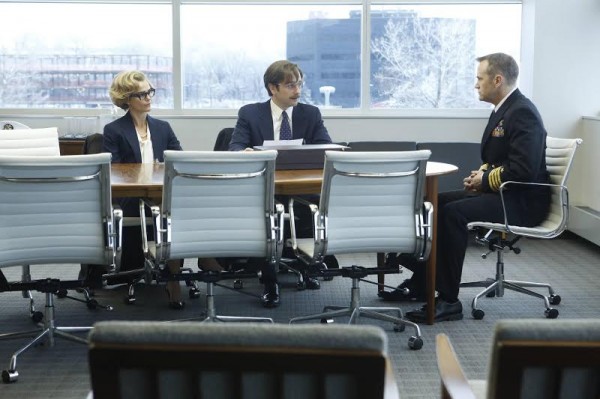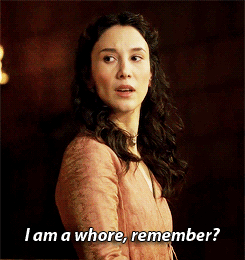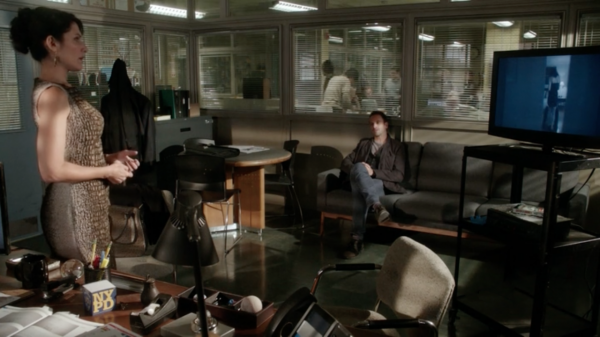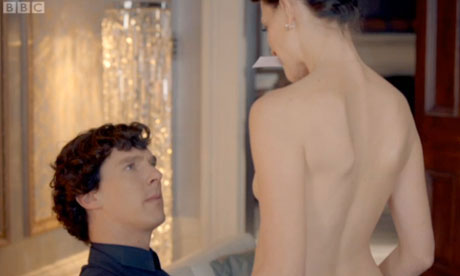Support Hos: Archer’s Trinette Magoon

In 2010, FX premiered Archer, an animated show that balances adventures in espionage with workplace comedy. The titular character is Sterling Archer, “world’s greatest secret agent” and colossal douchebag. While the rest of the cast eventually joins Archer in the land of functionally good but typically awful people, Sterling is usually the worst of the bunch. As the whole show plays with spy genre tropes, Archer is presented as being a more realistic version of characters like James Bond. He’s great at his job but he’s also self-centered, vain, reckless, and constantly trying to get drunk and/or laid. Getting laid is a challenge, though, because he’s a jerk. Enter sex workers.
While Archer is shown to have sex with women who aren’t sex workers, he isn’t typically shown having sex with them more than once. He regularly calls an agency for last minute date needs and one of his continuing relationships is with one specific worker named Trinette Magoon.
Trinette is, to put it plainly, fucking amazing. I recently portrayed her in a burlesque tribute to Archer and ended up rewatching every episode she appears in. Seeing all of Trinette’s supporting appearances at once rather than spread out over four seasons made it clear the creators really took care with her character.
Trinette first appears in the second episode of the first season. Archer is training a new agent and hires her to help out while he orchestrates a party simulation. The new agent, Cyril, is nervous as he has “never been this close to a–.” Cyril is unable to figure out how to refer to Trinette, so Archer remarks that he can call her a call girl as “Trinette takes pride in her work” and Trinette agrees. It’s going well until Cyril uses her as a human shield during the exercise and she tries to leave, accidentally pricking herself on a poison-tipped pen Cyril was given earlier. She passes out, the men roll her up in a rug, and throw her in a trunk.
If Trinette’s storyline had ended here I would not have been surprised. That is how our stories usually end on television. But there is a twist; Trinette bangs on the trunk and demands to be let out, and once she’s free she berates Archer for his treatment of her, demands his watch, threatens to have his kneecaps broken by her employer, and drives off with the car.



